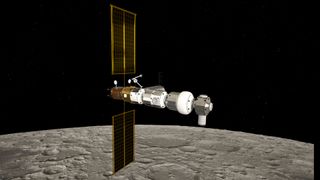News
Latest News
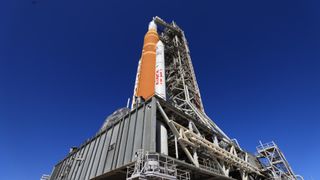
NASA's Artemis 2 moon rocket has a problem and it's leaving the launch pad. Don't expect a moonshot in March
By Mike Wall last updated
NASA on Sunday (Sept. 22) announced that the space agency will roll its massive Artemis 2 moon rocket to fix a helium system glitch on the massive booster.

Is time a fundamental part of reality? A quiet revolution in physics suggests not
By Florian Neukart published
It feels so obvious that time moves forward that questioning it can seem almost pointless.
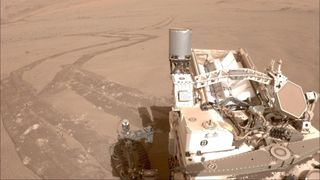
NASA's Perseverance rover now has its own 'GPS' on Mars: 'We've given the rover a new ability'
By Sharmila Kuthunur published
NASA's Perseverance rover can now pinpoint its exact location on Mars without help from Earth, paving the way for longer, more autonomous exploration.

On this day in space: Feb. 22, 1966: Soviet space dogs launch on record-setting mission
By Hanneke Weitering last updated
On Feb. 22, 1966, two Soviet space dogs launched on a mission that would set a new record for the longest spaceflight.
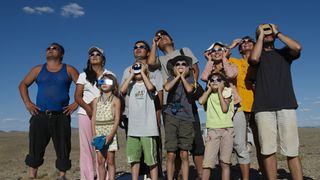
Why do some places on Earth get far more solar eclipses than others?
By Jamie Carter published
Why do some places wait 1,000 years to see a total solar eclipse while others get two in a decade? The surprising orbital mechanics behind where eclipses happen — and don't.
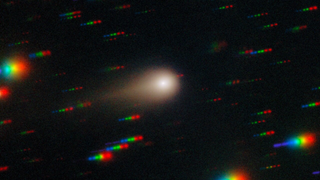
A risky maneuver could send a spacecraft to interstellar comet 3I/ATLAS. Here's the plan
By Keith Cooper published
If launched in 2035, a spacecraft performing such a maneuver could fly by 3I/ATLAS by 2085.
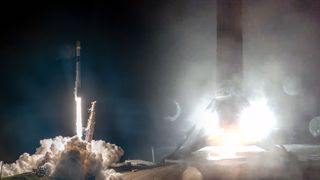
Falcon 9 rocket sets new reuse record on SpaceX's 2nd Starlink launch of the day (video)
By Robert Z. Pearlman published
Two SpaceX Falcon 9 rockets, each carrying Starlink satellites, launched from California and Florida on Saturday, Feb. 21, 2026. The second booster set a new reuse record.
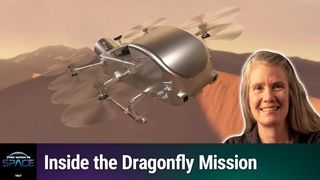
This Week In Space podcast: Episode 198 — A Dragonfly on Titan
By Space.com Staff published
On Episode 198 of This Week In Space, Rod Pyle and Tariq Malik talk with Principal Investigator Dr. Elizabeth "Zibi" Turtle about the Dragonfly mission and what to expect in the coming years.
Breaking space news, the latest updates on rocket launches, skywatching events and more!
